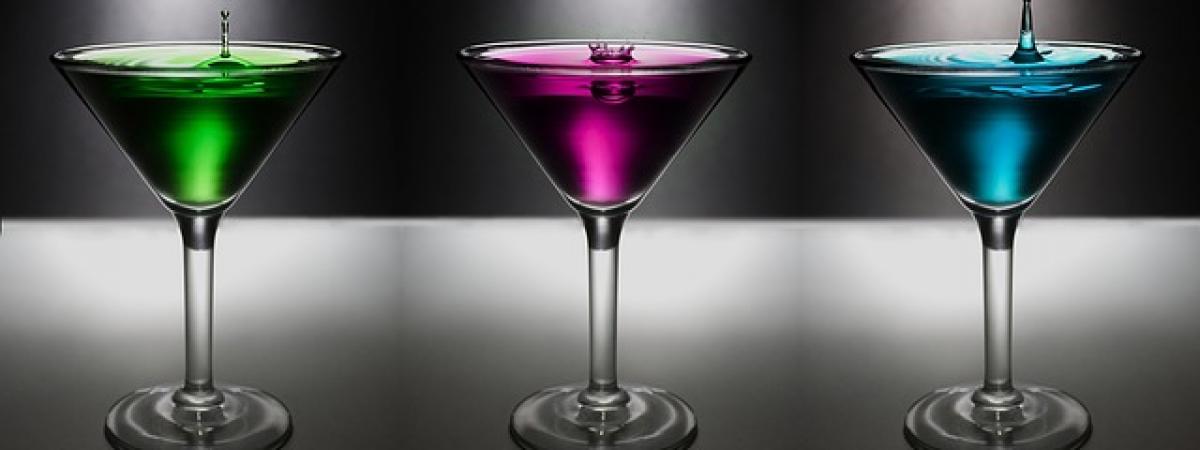The neuroscience of alcohol

Capable of causing arousal and amnesia, euphoria, incoordination and unconsciousness, alcohol can both stimulate and sedate by causing chaos with your brain chemicals. Here’s how.
Your brain contains more than one hundred chemicals (known as neurotransmitters), used to help carry messages between your brain cells. Some of these stimulate the brain, keeping us alert, engaged and focussed; others inhibit or calm brain activity. When your brain is on the booze, the balance between these types of chemicals is upset. Let’s focus on four key chemicals affected by alcohol.
GABA
This is the main inhibitory chemical in the brain, reining in impulsive brain activity, effectively putting the brakes on. It helps us unwind, relax and feel at ease. Some anti-anxiety drugs work by enhancing the actions of GABA.
Alcohol mimics GABA and so, in small doses, can calm you down (some take alcohol on a flight for this reason).
The trouble is that too much alcohol can so enhance your brain’s GABA system that parts of your brain begin to shut down. Ataxia (a loss of balance and coordination), amnesia and asphyxia can result.
Noradrenaline and dopamine
These are stimulating chemicals, and their levels are increased by alcohol. Making you feel enlivened, they can help get a party started. Caution though, as inhibitions may also be lost in this state.
Dopamine also produces feelings of pleasure – even euphoria – and that is why one drink leads to another, as you seek to maintain that artificial high. Cocaine, heroin and junk food have a similar effect on dopamine levels: all can lead to constant cravings and addictions.
Lose the pleasure of drink, lose the taste for it?
Blocking dopamine function in the brain has been tested as a way of helping alcoholics quit drinking: lose the pleasure of drink, lose the taste for it? Trouble is, dopamine is needed in the brain to control movement and mood (people with Parkinson’s don’t have enough dopamine).
Glutamate
This is another stimulating chemical in the brain. Alcohol blocks its actions, opposing its effects. Loss of this stimulating chemical, coupled with enhancement of inhibition (through the GABA system), explains why alcohol can really slow you down mentally: the brain takes a double inhibitory hit.
In desperation, your brain tries to increase its sensitivity to glutamate, manufacturing new proteins in the brain for glutamate to act on. The result is that, while alcohol is still in your system, you may still be able to function relatively normally. However, when you sober up, the unblocking of your now super-sensitive glutamate system can overexcite your brain – it’s why symptoms such as tremors, irritability, sweats and even seizures can follow alcohol withdrawal.
Alcohol and sleep
If alcohol suppresses stimulation and enhances inhibition in your brain – why does it not help you to sleep?
Studies show that whilst alcohol might help you nod off, you are likely to be wide awake a few hours later. This may be because, whilst alcohol initially tips the balance of your brain chemicals in favour of GABA (the soothing, calming chemical), GABA is later recycled into glutamate (the accelerator pedal of the brain), jolting you awake again. Alcohol, then, is not the answer to a good night’s sleep – nor to any of life’s problems. Know your limits.
